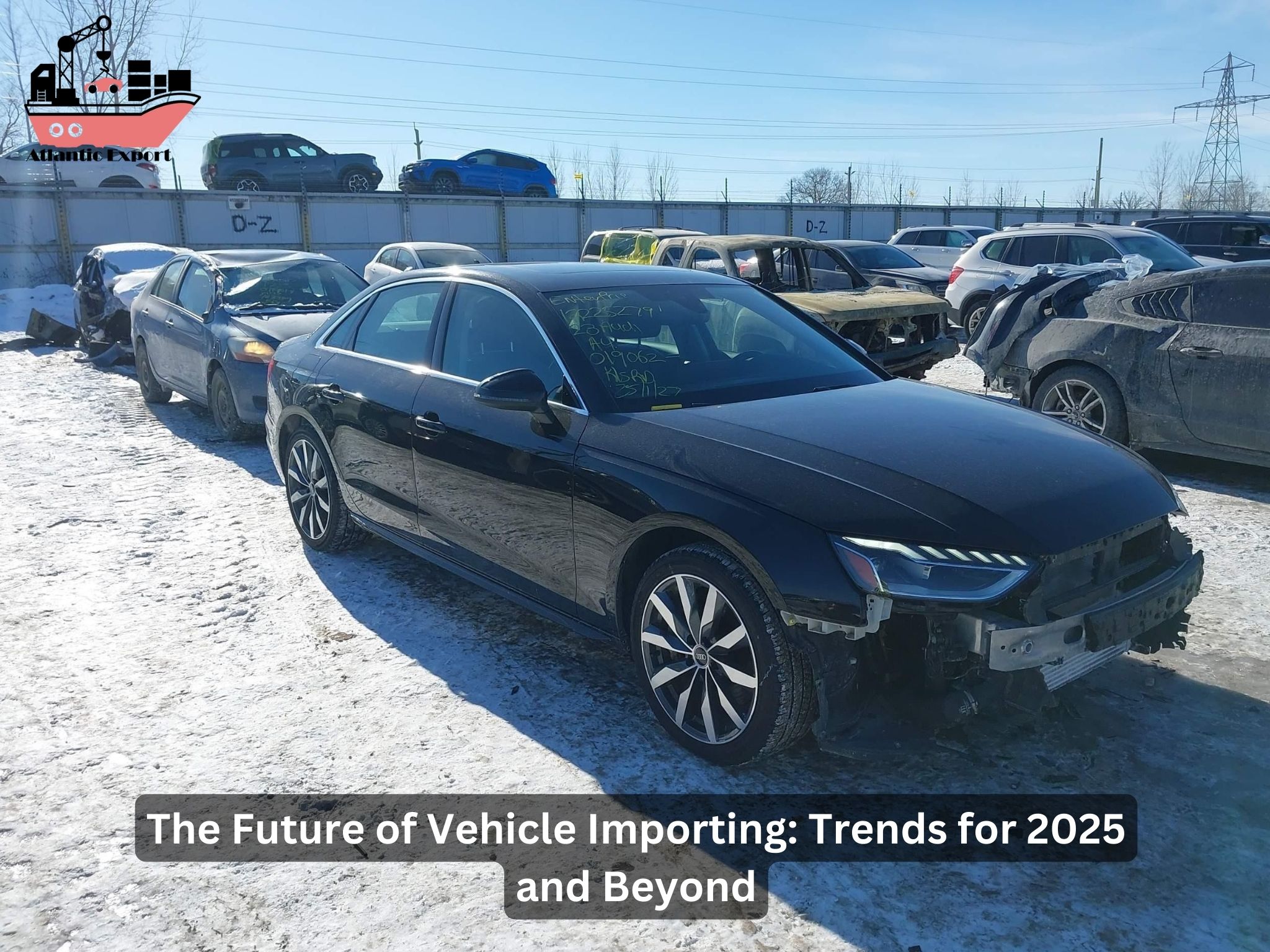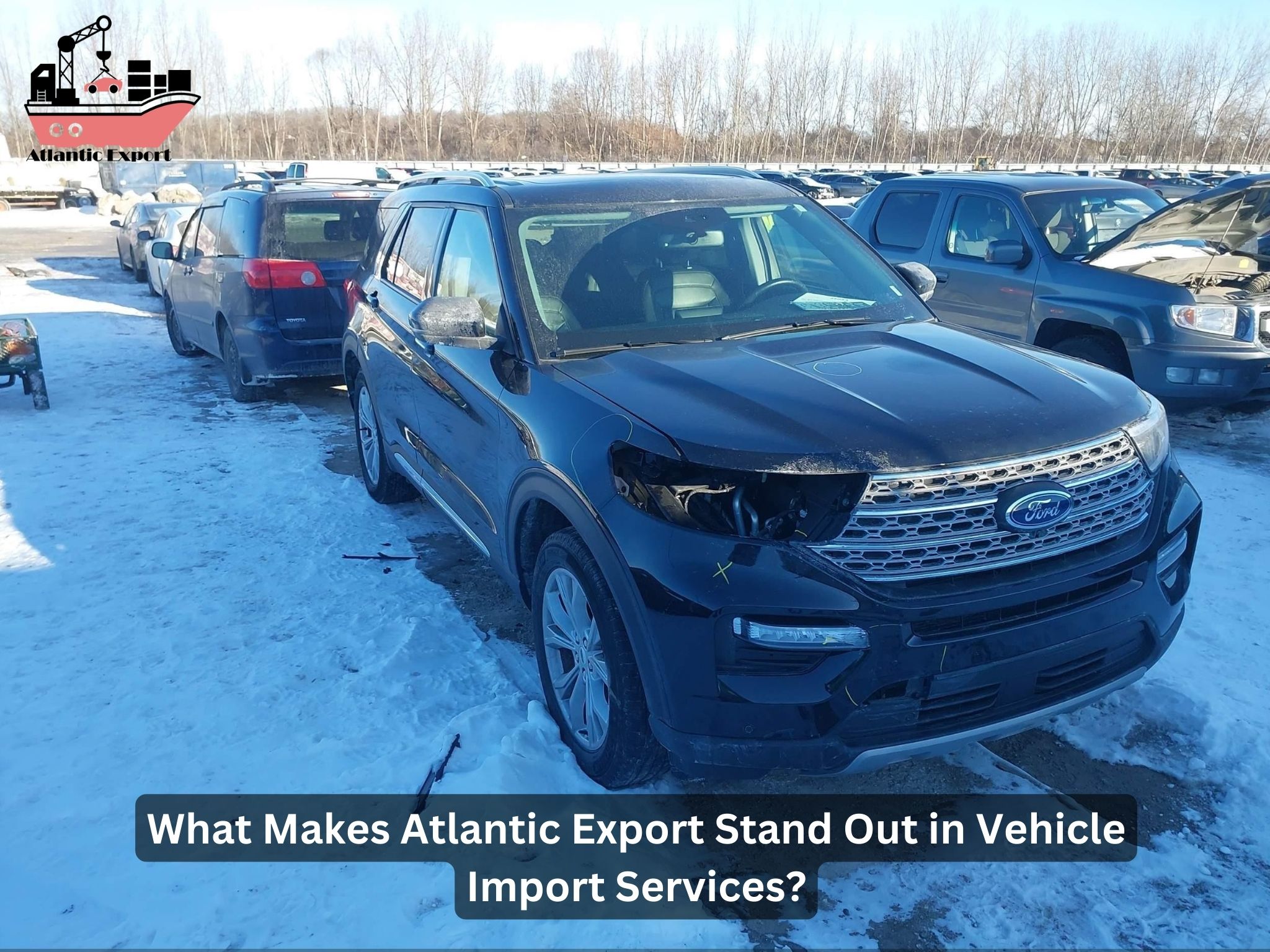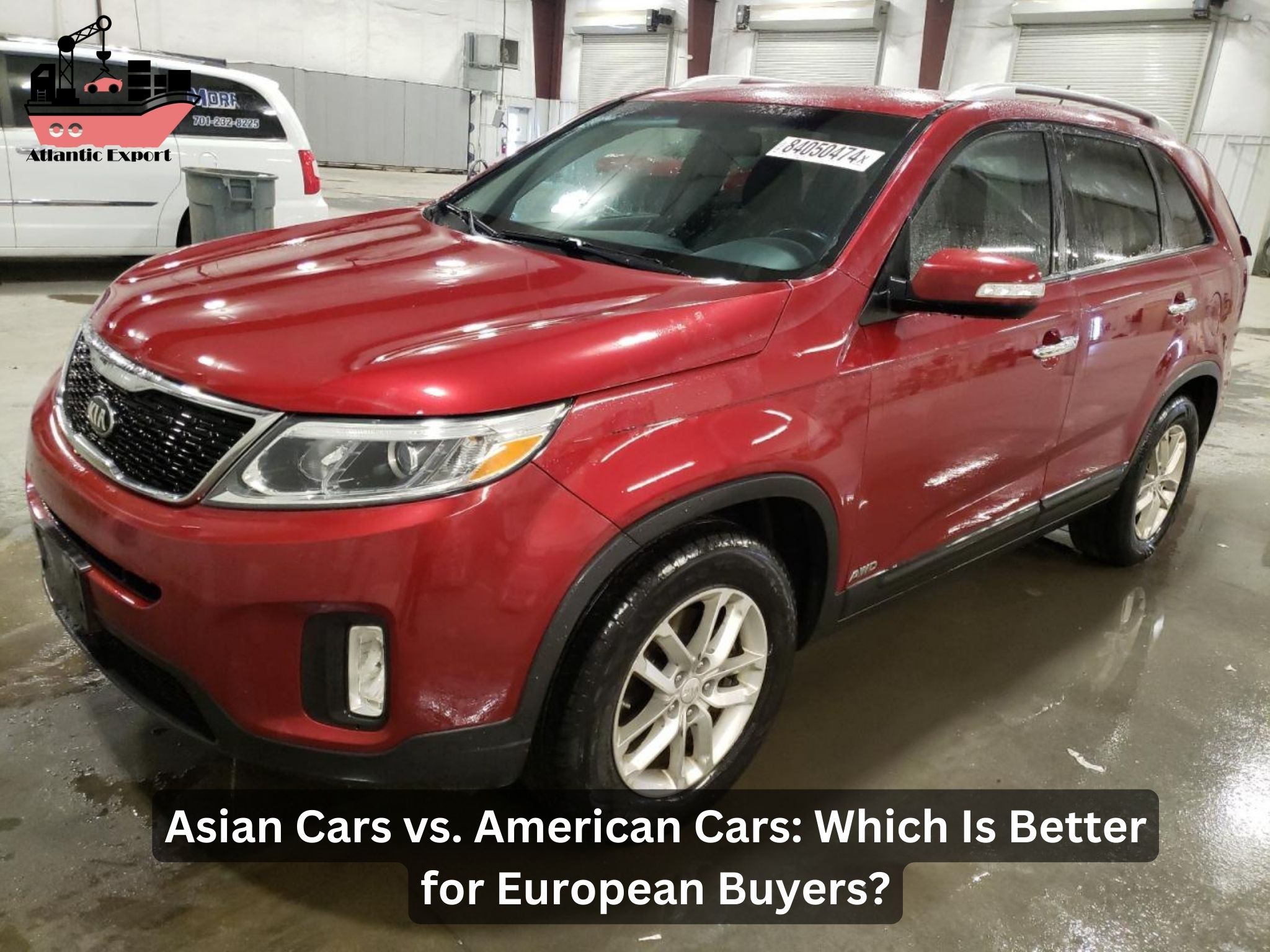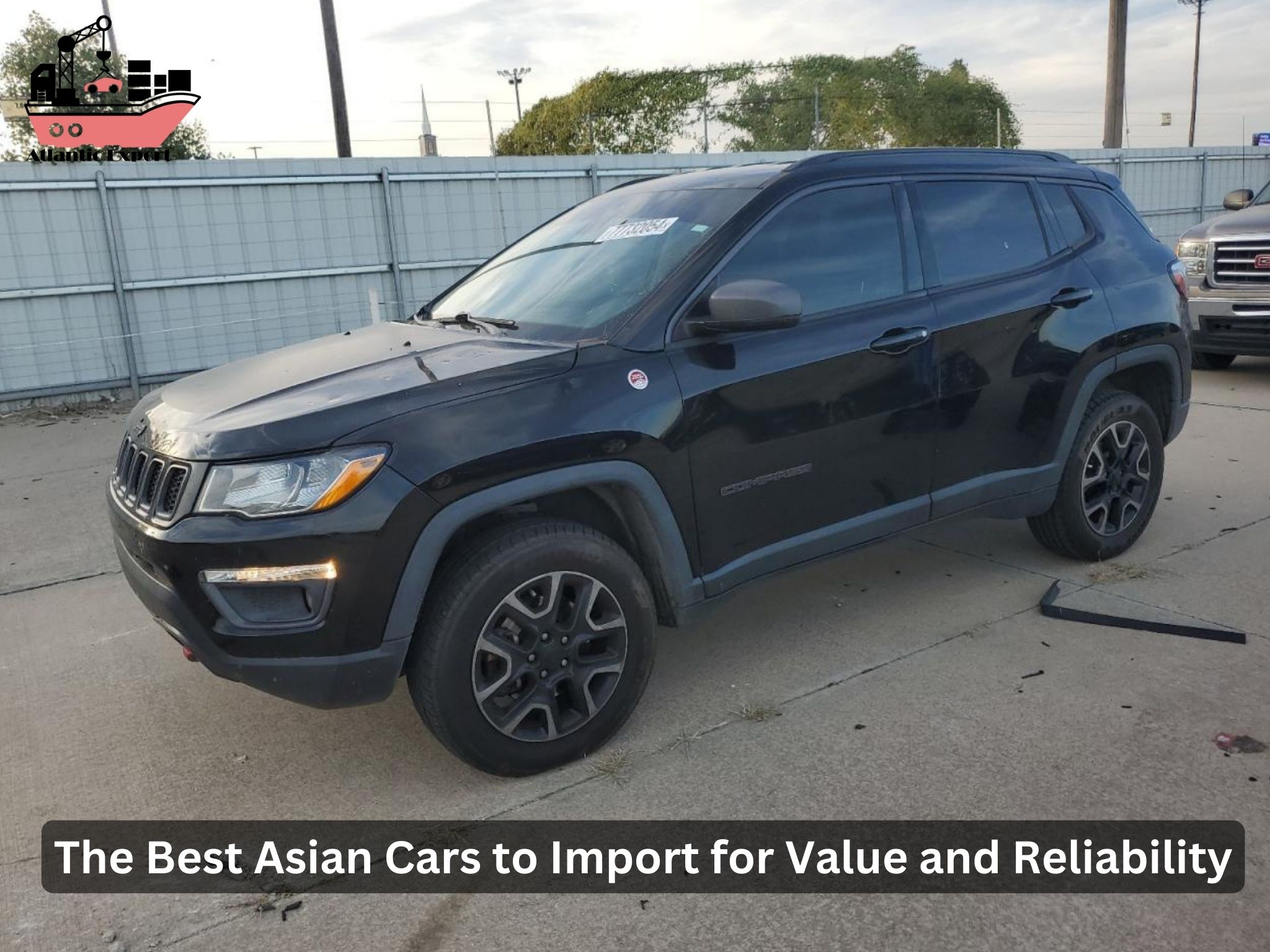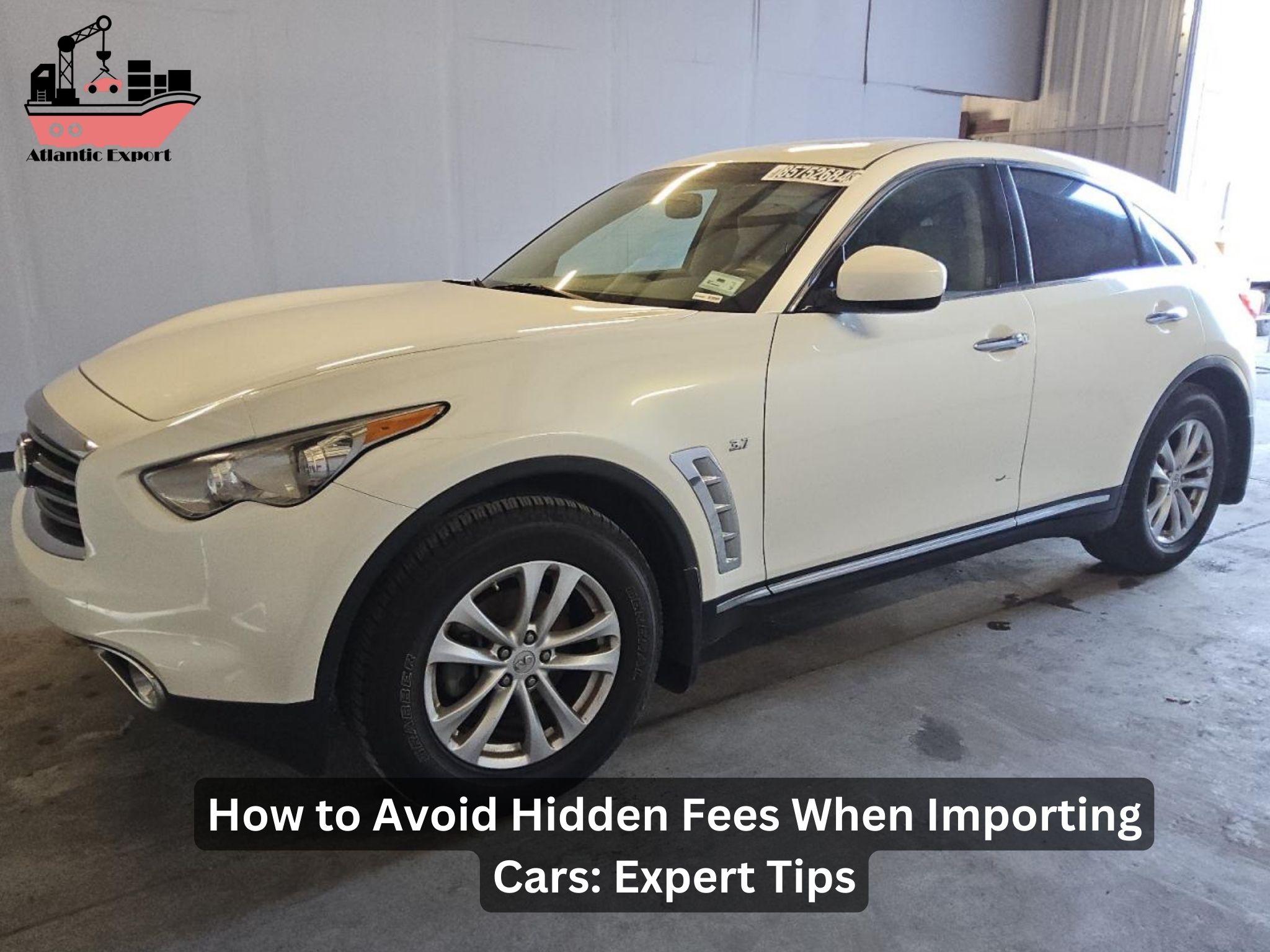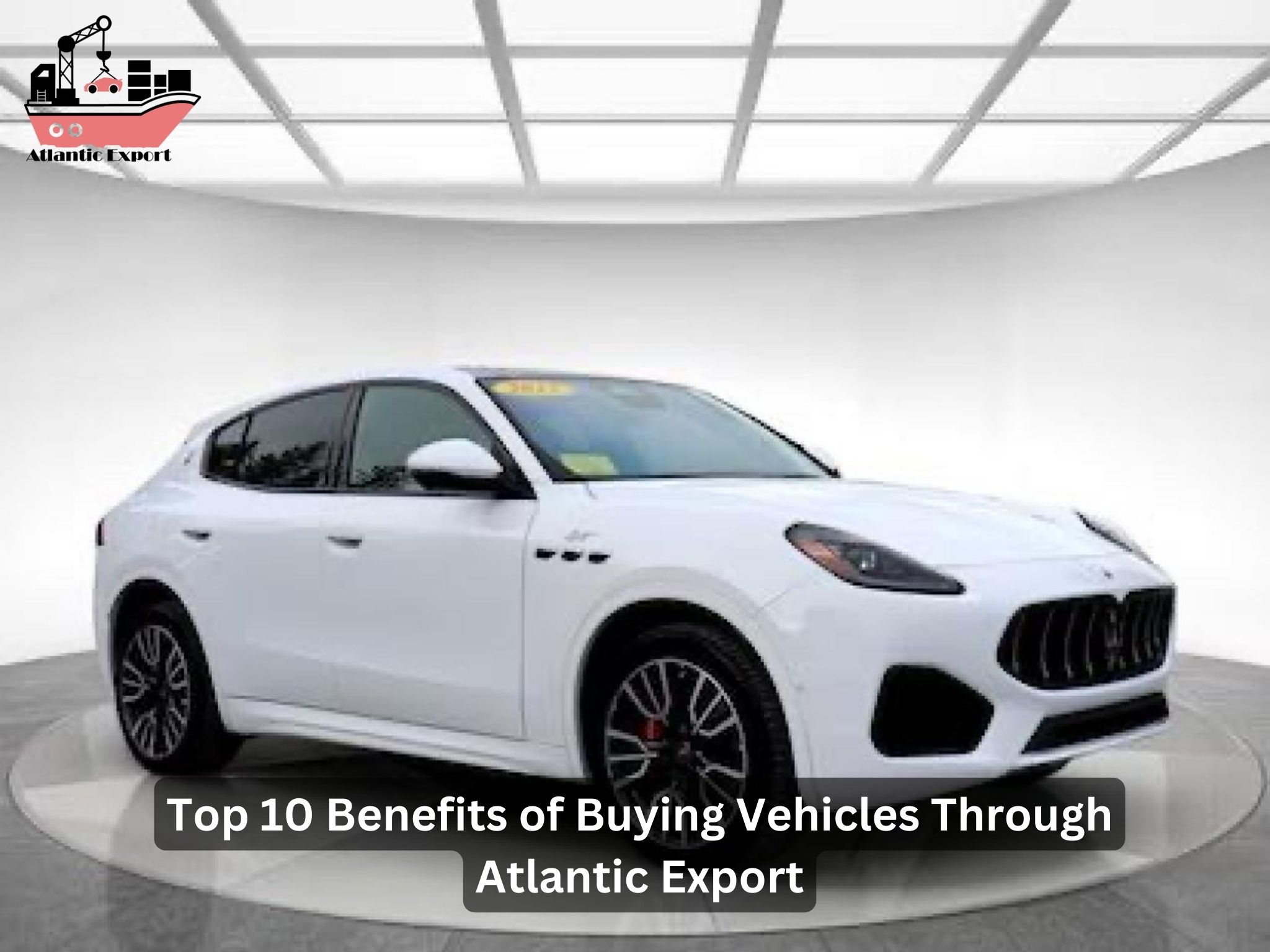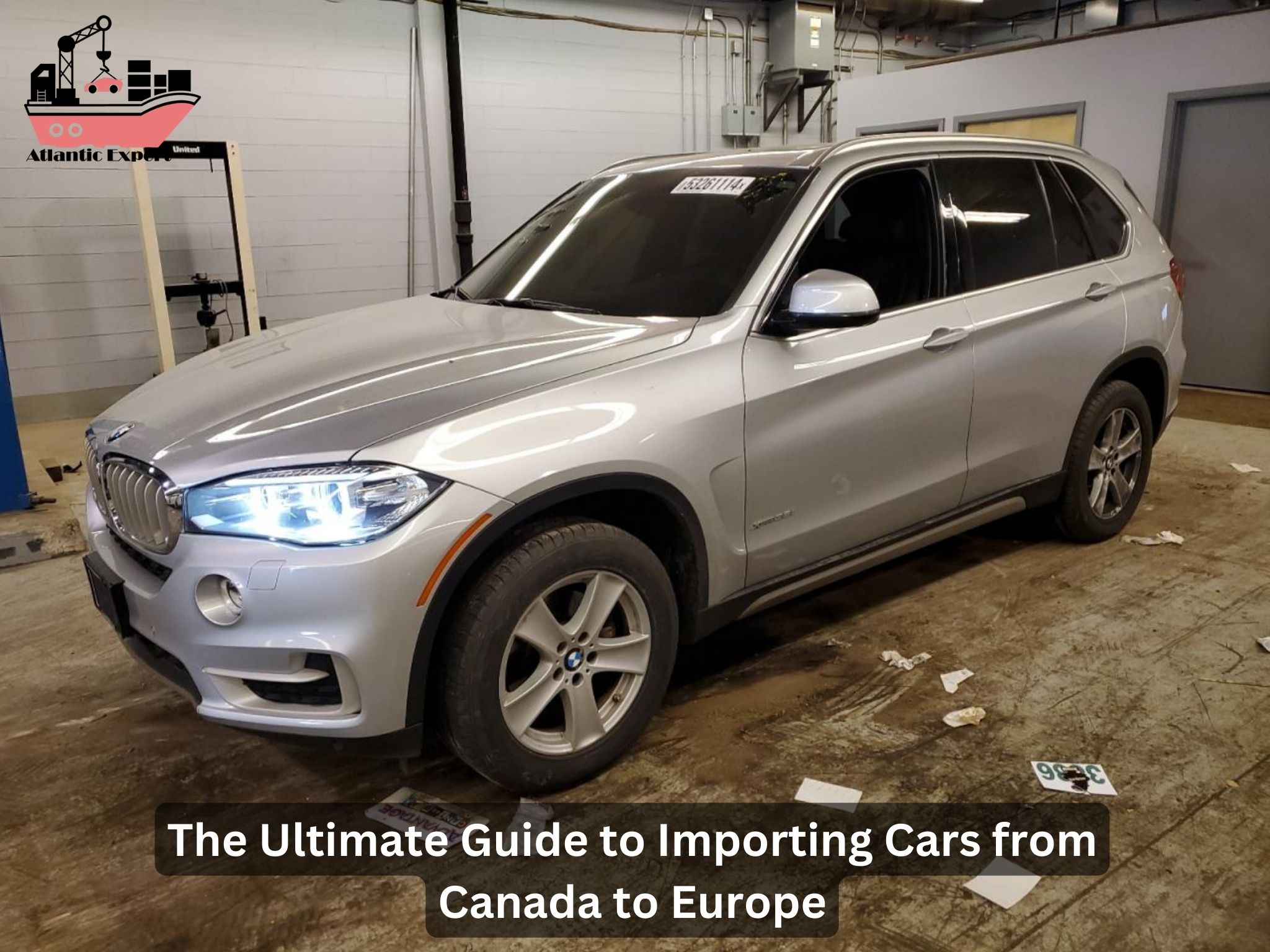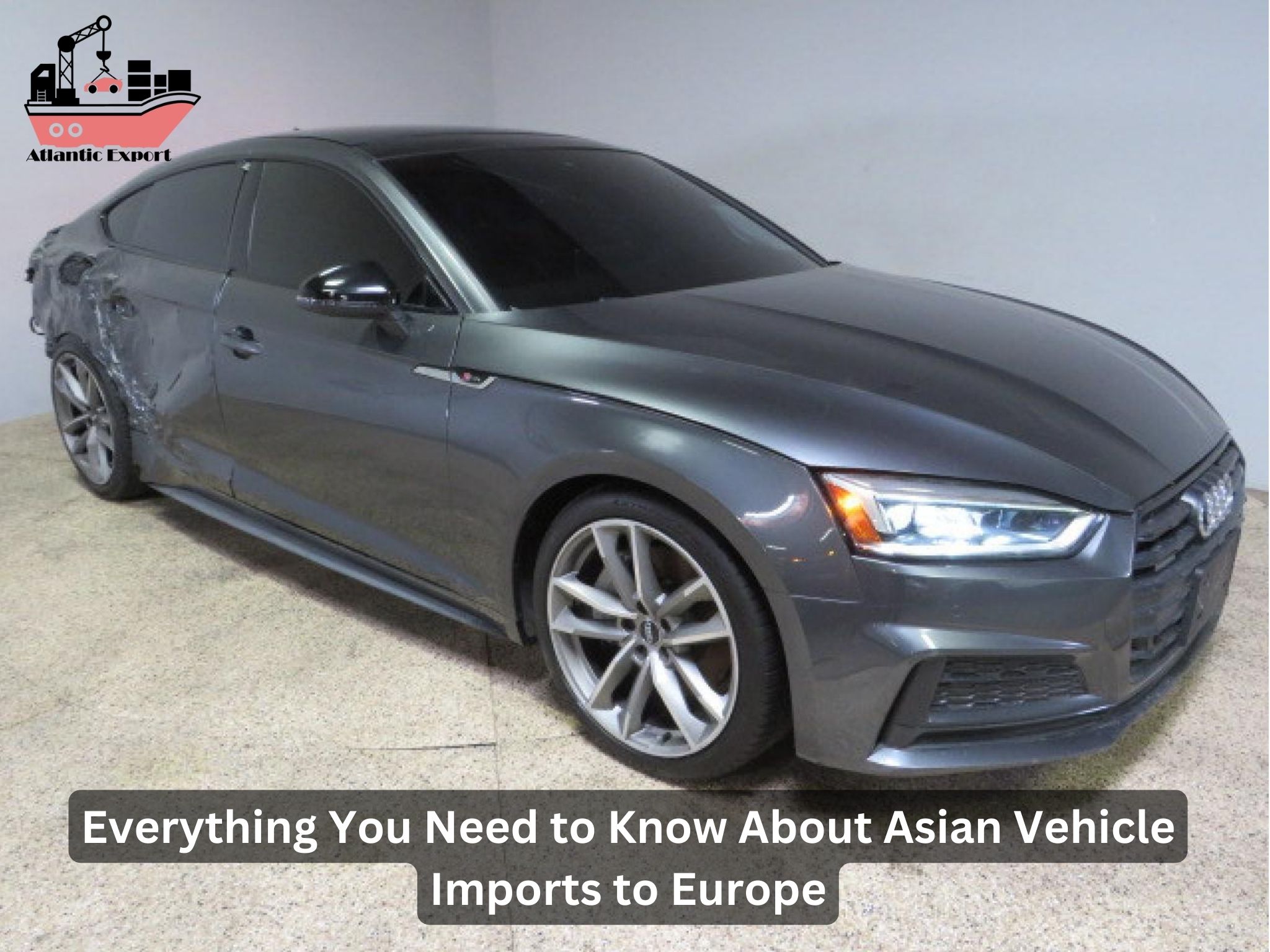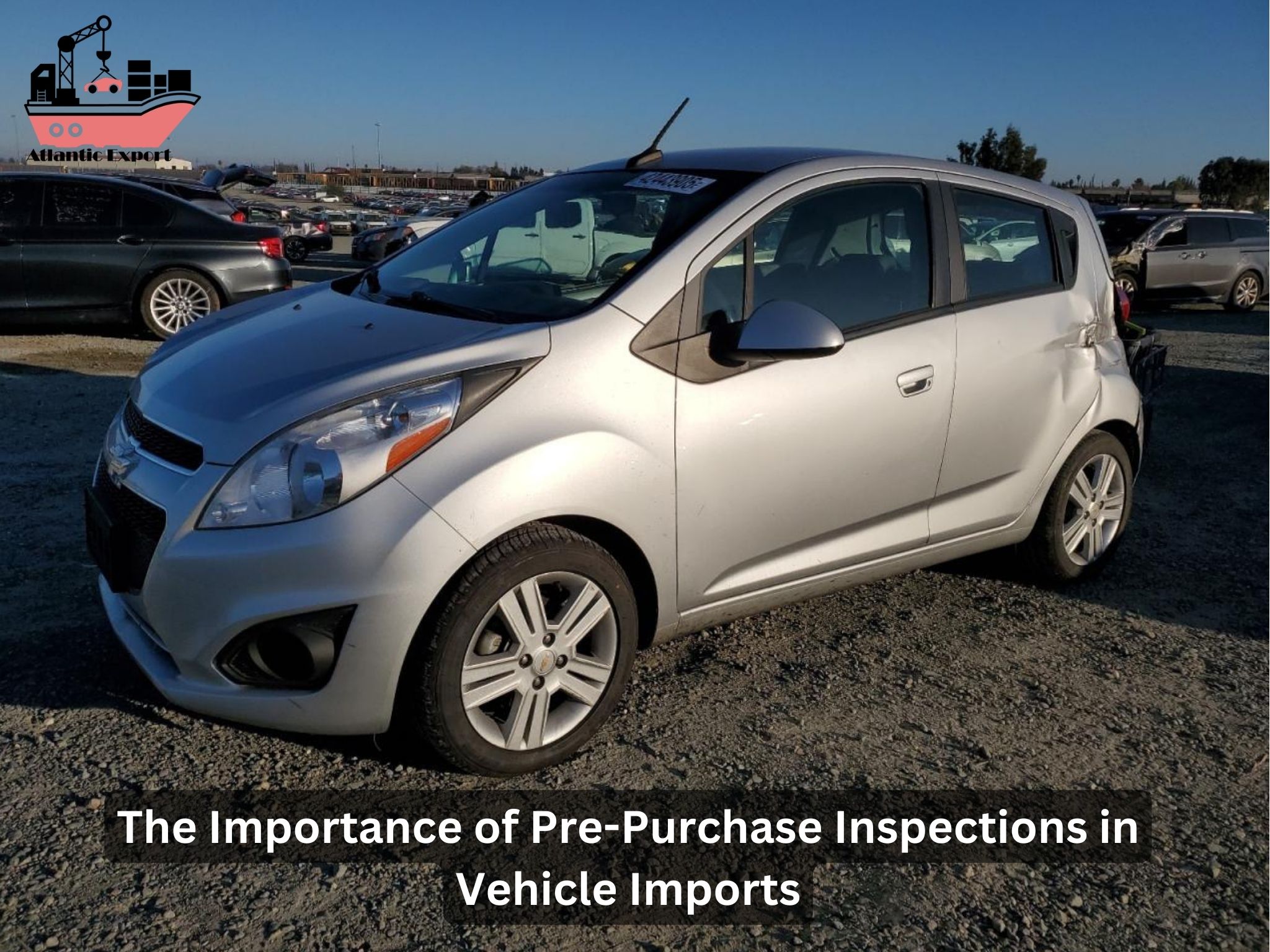Buying a car, whether new or used, is one of the most significant financial decisions a person can make. If you’re looking to get the best deals on cars from the USA and Canada, it requires thorough research, strategic negotiation, and leveraging available discounts and incentives. This comprehensive guide will walk you through everything you need to know to secure the lowest price and the best financing terms.
Why Buy a Car from the USA and Canada?
Many buyers turn to the North American auto market due to the availability of a vast range of vehicles, competitive pricing, and lucrative incentives. Manufacturers in both countries offer significant discounts, special APR programs, and low lease offers that can help buyers save thousands.
How to Find the Best Car Deals
1. Research is Key
Before stepping into a dealership, you should arm yourself with the right information to avoid getting overcharged. The best way to do this is by using online resources such as:
- CarGurus (for tracking market prices and dealer ratings)
- Edmunds (for invoice pricing and incentives)
- Kelley Blue Book (KBB) (for estimated trade-in values)
- Atlantic Export (for expert assistance in finding the best car deals in the USA and Canada)
Knowing the MSRP (Manufacturer’s Suggested Retail Price), invoice price, and available cash incentives will allow you to negotiate the lowest possible price.
2. Understanding Dealer Incentives and Rebates
Car manufacturers frequently offer rebates and incentives to attract buyers. These may include:
- Cash incentives – Direct discounts offered by the manufacturer
- Low APR financing programs – Special finance APR rates for qualified buyers
- Lease loyalty programs – Exclusive discounts for returning lessees
- Seasonal promotions – Special deals around major holidays like Black Friday, Memorial Day, and Labor Day
For example, brands like Honda, Toyota, and Kia often have special low APR financing and lease incentives that can significantly lower the total cost of the car.
3. Negotiating the Best Price
Many buyers fall into the trap of focusing only on the monthly payment rather than negotiating the out-the-door price. Dealers may stretch the finance term to make the monthly payment seem affordable while increasing the total cost of the car.
Steps to Negotiating the Best Price:
- Get Multiple Offers – Always compare quotes from at least 3-5 dealerships.
- Ask for the Invoice Price – Dealers usually sell cars above the invoice price, but knowing this number gives you leverage.
- Negotiate the Out-the-Door Price – This includes the car price, taxes, registration, and dealership fees.
- Be Ready to Walk Away – If the deal isn’t right, don’t hesitate to leave. Many dealers will call you back with a better offer.
4. Leasing vs. Financing: Which is Better?
When buying a new car, you must decide between leasing and financing.
Leasing:
- Lower monthly payments
- No long-term commitment
- Great for those who want a new car every 2-3 years
- Limited mileage restrictions
- Extra fees for excessive wear and tear
Financing (Auto Loan):
- You own the car after the loan is paid
- No mileage limits
- Higher monthly payments but lower long-term costs
- Good for those who drive frequently and want to keep the car for years
5. Best Times to Buy a Car
Timing plays a huge role in getting the best deals. Here are the best times to buy:
- End of the month, quarter, or year – Dealers need to meet sales targets and are more likely to negotiate.
- Model year-end clearance sales – When new models arrive, older models get discounted.
- Holiday sales events – Black Friday, Labor Day, and Presidents’ Day offer some of the best car deals.
6. Avoid Dealership Tricks and Hidden Fees
Dealerships make extra money through fees, add-ons, and high-interest financing. Here’s how to avoid common traps:
- Skip extended warranties unless necessary
- Decline unnecessary add-ons like nitrogen-filled tires or fabric protection
- Watch for hidden fees such as document fees or VIN etching
- Be cautious of high dealer markups on financing APR
7. Financing Tips to Save Thousands
If you’re financing a car, your credit score plays a crucial role in determining your loan interest rate. Here’s how to secure the best auto loan rates:
- Check your credit score before applying
- Get pre-approved from a bank or credit union
- Choose the shortest loan term you can afford (preferably under 60 months)
- Avoid dealer-arranged financing unless they offer 0% APR or special low APR programs
Importing a Car from the USA or Canada
If you’re buying a car from the USA and bringing it to Canada, or vice versa, you’ll need to consider:
- Import duties and taxes
- Transport costs
- Compliance with local safety and emissions standards
- Registration and licensing fees
Atlantic Export: Your Trusted Partner for Buying Cars from the USA and Canada
At Atlantic Export, we specialize in helping customers secure the best deals on cars in North America. Whether you’re looking for a new car, used car, lease offer, or finance deal, our team ensures you get top-tier pricing without the hassle of dealership negotiations.
FAQs
1. How can I negotiate the best deal on a new car?
Always research the MSRP and invoice price, get multiple quotes, and negotiate the out-the-door price rather than the monthly payment.
2. What is the best month to buy a car?
The end of the year (December) and major sales events like Black Friday or Labor Day offer the biggest discounts.
3. Is leasing better than financing?
Leasing is better for low-mileage drivers who want a new car every few years, while financing is ideal for those who plan to keep the car long-term.
4. How do I avoid dealer markups and hidden fees?
Ask for a detailed price breakdown, decline unnecessary add-ons, and negotiate all costs before signing.
5. Can I import a car from the USA to Canada?
Yes, but you’ll need to account for import duties, taxes, safety compliance, and registration costs. Using a professional service like Atlantic Export makes the process easier.

